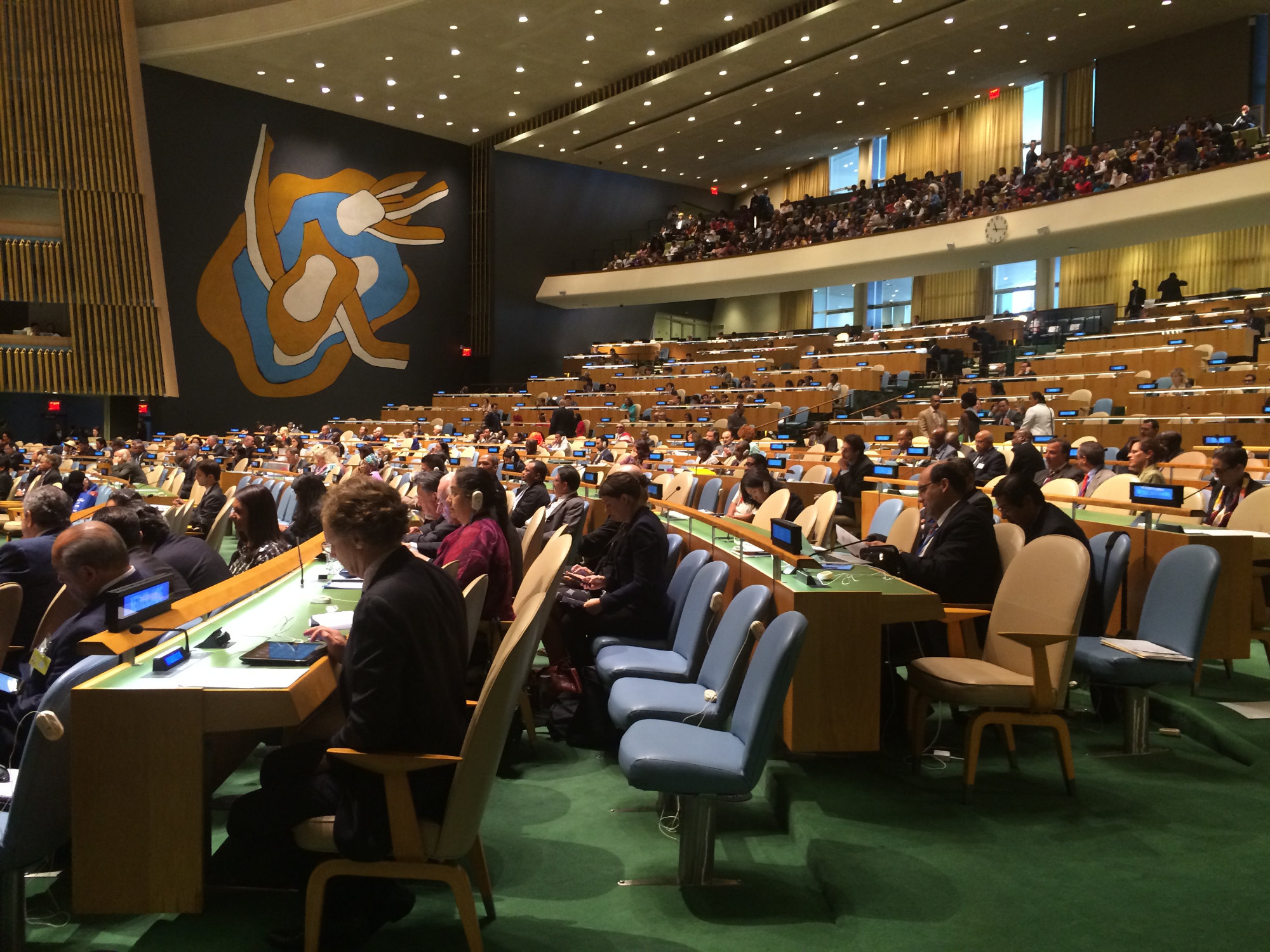
In 1945, the United Nations was created on three pillars: international peace and security, human rights and development.
Almost seventy-five years later, the complex political, social and economic transformation of modern society has brought us challenges and opportunities which require a collective response which must be guided by the rule of law, as it is the foundation of friendly and equitable relations between states and the base of fair societies.
For the United Nations (UN) system, the rule of law is a principle of governance in which all persons, institutions and entities, public and private, including the State itself, are accountable to laws that are publicly promulgated, equally enforced and independently adjudicated, and which are consistent with international human rights norms and standards.
It requires measures to ensure adherence to the principles of supremacy of the law, equality before the law, accountability to the law, fairness in the application of the law, separation of powers, participation in decision-making, legal certainty, avoidance of arbitrariness, and procedural and legal transparency.
The rule of law is fundamental to international peace and security and political stability; to achieve economic and social progress and development; and to protect people’s rights and fundamental freedoms. It is foundational to people’s access to public services, curbing corruption, restraining the abuse of power, and to establishing the social contract between people and the state.
The rule of law is fundamental to international peace and security and political stability; to achieve economic and social progress and development; and to protect people’s rights and fundamental freedoms.
Rule of law and development are strongly interlinked, and strengthened rule of law-based society should be considered as an outcome of the 2030 Agenda and Sustainable Development Goals (SDGs). In addition, particular, Goal 16 is an enabling goal for Member States to generate national-level policy changes that advance progress on other SDGs. The development of inclusive and accountable justice systems and rule of law reforms will provide quality services to people and build trust in the legitimacy of their government.This approach should respond to the needs of individuals and groups and their meaningfully participation from the outset, paying particular attention to those historically marginalized and at risk of being left behind. It includes prevention of serious violations of human rights, achieving credible accountability for those responsible at national and international levels and empowering individuals and communities to make use of justice mechanisms to protect their fundamental human rights.
The rule of law is an important component of sustaining peace, as advanced by the General Assembly and Security Council in the twin resolutions on the review of the peacebuilding architecture. Sustaining peace requires an integrated and comprehensive approach across the UN system, based on coherence between political, security, development, human rights, gender equality and rule of law activities in support of Member State-led efforts.
Strengthening the rule of law involves respect for the norms of international law, including on the use of force, and recognition of the primary responsibility of States to protect their populations from genocide, crimes against humanity, ethnic cleansing and war crimes. The rule of law is a core element of the humanitarian and human rights agendas; is crucial to understanding and addressing the reasons for displacement and statelessness; and is the foundation of the humanitarian protection regime.
‘Rule of law’ issues includes emerging and critical issues such as the proliferation of hate speech and incitement to violence; preventing radicalization/violent extremism; climate change and the environment impacting on the security and livelihoods of people; and the complexities of artificial intelligence and cybercrime.
https://www.un.org/ruleoflaw/what-is-the-rule-of-law/